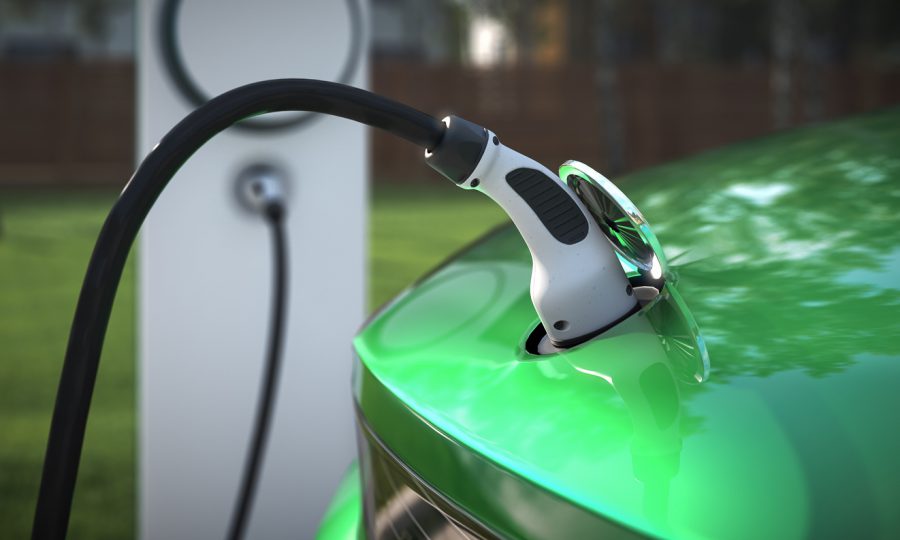
Updated 19 November 2020.
The Government has pledged to ban the sale of petrol and diesel cars – barring some hybrids – in 2030. But, we’ve done some research, and it seems that Brits are ready to switch to electric vehicles much, much sooner.

Updated 19 November 2020.
The Government has pledged to ban the sale of petrol and diesel cars – barring some hybrids – in 2030. But, we’ve done some research, and it seems that Brits are ready to switch to electric vehicles much, much sooner.

Do you regularly check your car’s tyre pressures? Maybe you seek out a shady spot in a car park when the temperature is soaring? Or perhaps you have a dedicated key hook or drawer in the kitchen for the car keys?
If any of these rings true, then it’s likely you have a healthy helping of common sense. The good news is drivers who have common sense are more likely to find love and enjoy successful relationships.
According to new research conducted for Green Flag – which is well known for its common-sense prices and outstanding breakdown service – 79 per cent of people value common sense more than having a high IQ.

As St Patrick’s Day gets underway, countless revellers will hijack the religious feast day for the patron saint of Ireland, and dress up in green-coloured outfits to keep themselves invisible to leprechauns that are said to like nothing more than pinching unsuspecting individuals.
One or two pints of Guinness are likely to be consumed, and pubs and bars around the world will be ringing out to the cries of “Luck of the Irish!”, an expression that dates back to the 19th century, when Irish miners enjoyed successes during America’s gold and silver rush.
To mark the occasion, we’ve compiled a quiz on some of the world’s strangest superstitions for drivers. Continue reading

It’s one of the few books that never leaves the bestseller list, but ever since the Highway Code was first published, in 1931, few readers would admit to finding it a gripping page-turner.
However, the Highway Code has contributed to saving thousands of lives over the years. When launched, there were just 2.3 million cars on Britain’s roads, yet more than 7000 people were killed in road accidents each year. Today, there are more than 27 million cars on UK roads, but there are fewer than 2000 fatalities.
The driving standards book originally had just 24 pages of guidelines, with a single paragraph on how pedestrians should cross a road. Today, a whole chapter is dedicated to educating both pedestrians and drivers on safely reaching the other side of the road.
It also goes on to cover areas of digital technology, such as smartphones, which increasingly fight for a driver’s attention when they’re at the wheel.
To see how well you know the latest rules and regulations of the road, take this snapshot quiz and test your knowledge of the Highway Code. Continue reading

It’s a common grumble amongst parents across Britain: life can feel like it’s a constant cycle of Mum and Dad’s taxi service. Now research reveals how much time the typical parent spends ferrying their kids around – and the numbers could cause a family squabble.
A total of 2000 parents who drove were asked to share their driving history. On average every month, Brits clock up nearly 12 hours at the wheel, make 47 car journeys and travel 250 miles. In London, that would be the equivalent to £28,000 a year in taxi bills.